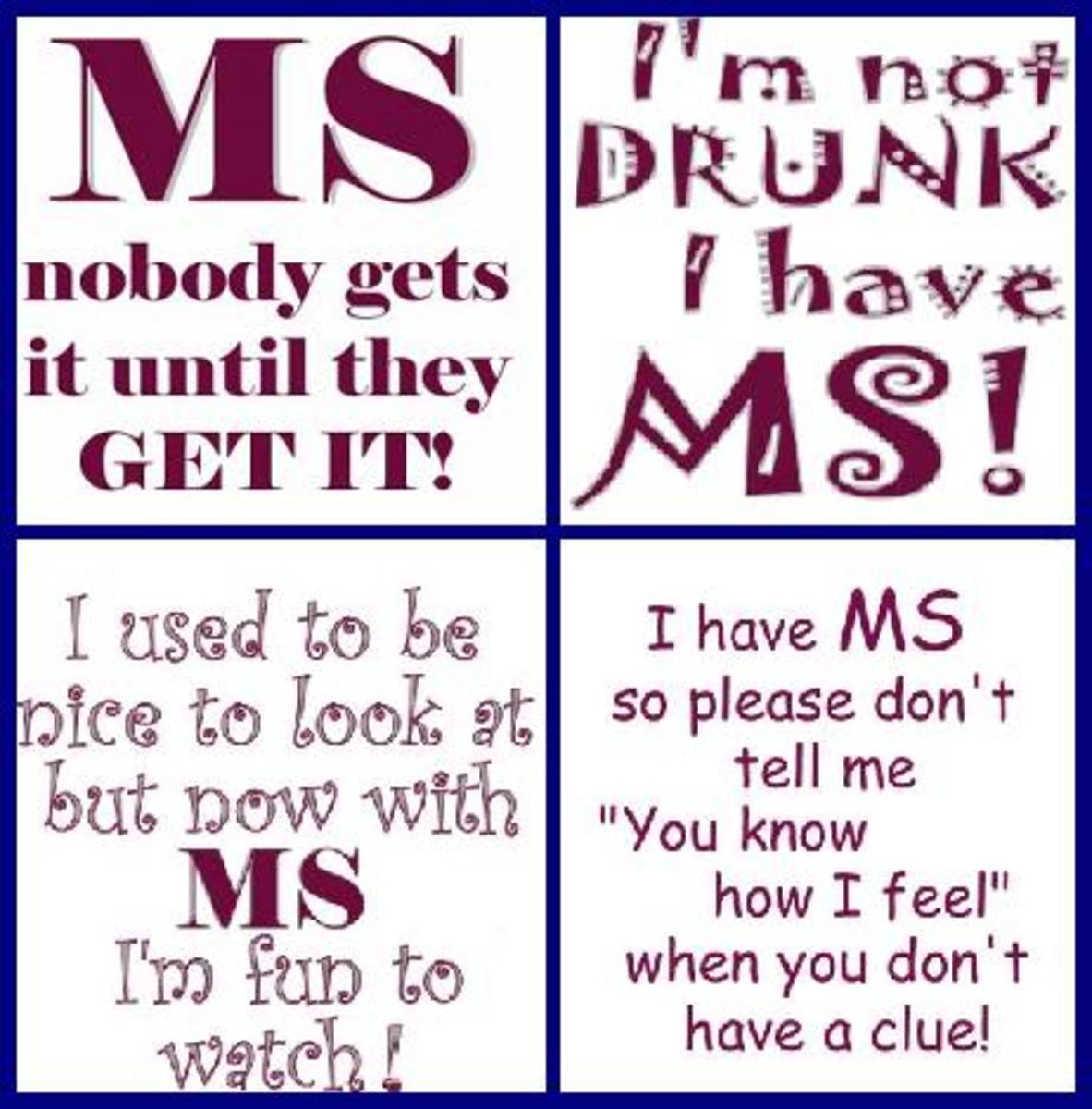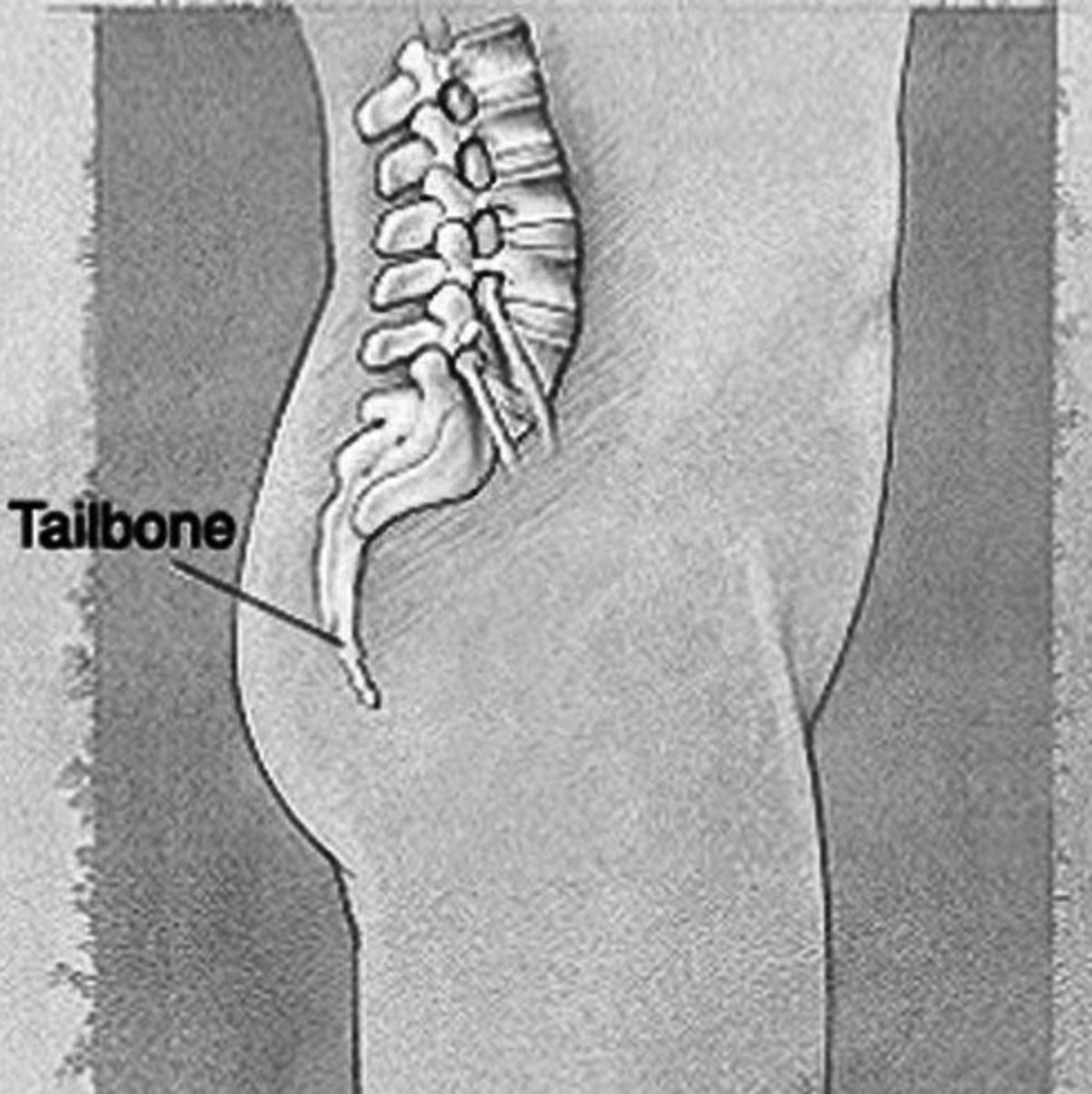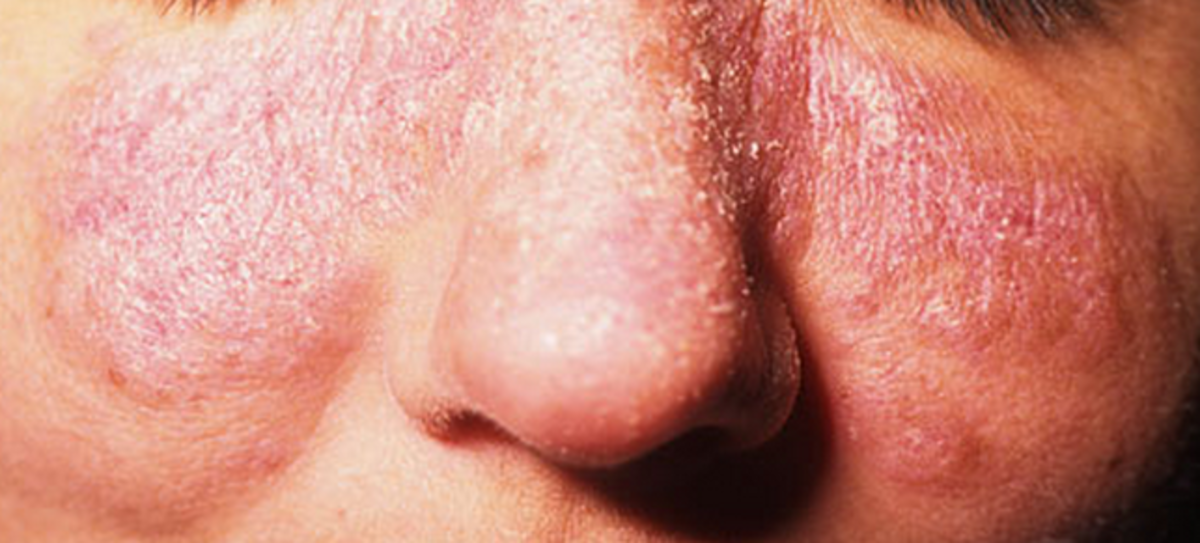A Couple of Cases where Diet Is Used to Treat Disease
Diet here do not mean losing weight by not eating. Diet refers to the types of food eaten for optimal nutrition. Not all diseases can be treated by diet, and not everyone or every particular situation can be helped by diet. So one should not discontinue any conventional treatment with the hopes of curing a disease through diet. Nevertheless, a healthy diet in general may help with many disease states when used in conjunction with conventional treatment.
Below are a couple of instances found on the Internet of individuals who have treated certain chronic diseases. While I hesitate to use the word "cured" and used the word "treated" instead. But certainly the disease has been greatly diminished.
Although, from a scientific perspective, it is not definitive whether it was solely the diet that instrumented the treatment or whether it is due to other treatments or from the body's own healing system. The individuals certainly attributed their improvement to the diet. So we have to give credence to the fact that diet may play a major role in certain disease conditions for certain individuals and situations.
Multiple Sclerosis Treated by Brain Healthy Diet
In a TEDx talk, Dr. Terry Wahls tells how multiple sclerosis rendered her barely able to walk. But as you can see in the video on the right, she is walking and presenting well on stage and is able to finally ride bike again.
Her book is Minding My Mitochondria: How I overcame multiple sclerosis (MS) and got out of my wheelchair. As mentioned in Extreme Health Radio podcast, Dr. Terry Wahls herself does not use the word "cure" for her multiple sclerosis, but her condition is greatly improved.
She attributed this to her own research through PubMed and devising a brain healthy diet that supports the mitochondria. This is a must see video on the right because she explains what this diet is.
Everyone can benefit from this type of diet. It includes ...
- green leafy vegetables like kale and parsley for a lot of B Vitamins for brain health
- sulfur rich vegetables like cabbage, rutabaga, broccoli, brussels sprouts, radishes, collards, turnips, califlower, kale, onions, garlic, leeks, mushrooms, chives, asparagus, etc.
- bright colors for antioxidants such as beets, carrots, red cabbage, berries, peaches, oranges
- omega-3 fats from grass fed meats and organ meats such as wild fish, salmon, herring, liver, heart, tongue
- seaweeds for iodine and selenium
Autism Treated by GAPS diet
Dr. Natasha Campbell-McBride treated her son of autism by the GAPS diet that she pioneered.
You can hear this in her interview with Dr. Mercola. Links to the video and transcript can be found on Dr. Mercola's site or watch the YouTube video on the right.
The GAPS diet stands for Gut and Psychology Syndrome and is based on the SCD diet (Specific Carbohydrate Diet). It is high in fermented foods for its probiotics.
She says that autism (and some other similar brain disorders such as attention deficit disorders) is ultimately a digestive problem. An imbalance of gut bacteria flora is call dysbiosis. Gut flora can affect the brain. Hence a diet that starve the bad bacteria and re-populates the good bacteria will put the gut flora back into balance.
You can learn more about GAPS diet on Doctor-Natasha.com and in her book "Gut and Psychology Syndrome: Natural Treatment for Autism, Dyspraxia, A.D.D., Dyslexia, A.D.H.D., Depression, Schizophrenia"
Attention Deficit Disorder Caused by Poor Diet and Digestive Issue
Many brain affliction comes back to the problem with the digestive system.
In a Google Talk video, Dr. Mark Hyman tells of a 12-year old boy with ADD (attention deficit disorder) as well as other problems. A poor diet connected all the symptoms. The antiboitics that he was taking disrupted the digestive system, which then lead to disruption in immune system, which then lead to food allergy such as gluten intolerance. All this along with toxic lead and nutritional deficiencies (such as low magnesium and low omega-3) can affect the brain.
Dr. Mark Hyman was able to restore balance and improved the child's ADD and other symptoms by removing processed food, removing food allergies via an elimination diet, adding in nutrients, whole real foods, probiotics, and other treatments.










